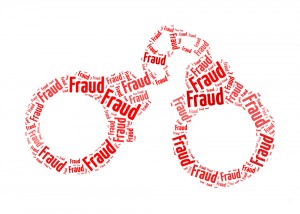 As we have reported previously, financial abuse of seniors is a significant problem in the United States. In our firm’s representation of clients, seniors comprise the vast majority of clients that seek our firm’s assistance as securities attorneys.
As we have reported previously, financial abuse of seniors is a significant problem in the United States. In our firm’s representation of clients, seniors comprise the vast majority of clients that seek our firm’s assistance as securities attorneys.
Recently the North American Securities Administrators Association (NASAA) announced the formation of a new Board committee to address a wide range of challenges confronting senior investors. The announcement came on the heels of the agencies disclosure that at least a third of its members’ enforcement actions by state securities regulators since 2008 have involved senior victims among states that track victims by age. Of the 10,526 enforcement actions initiated between 2008 and 2013, 3,548 involved victims age 62 and older. Further, the NASAA stated that this amount is a conservative estimate since it does not include cases from states that do not report the age of victims and many senior victims simply do not come forward.
As long-time readers of this blog post know, we have frequently wrote the issue of scams and fraud targeting the elderly. See How Elderly Investors Can Protect Their Retirement Savings and The Problem of Senior Investor Abuse – A Securities Attorney’s Perspective.
 Securities Lawyers Blog
Securities Lawyers Blog







